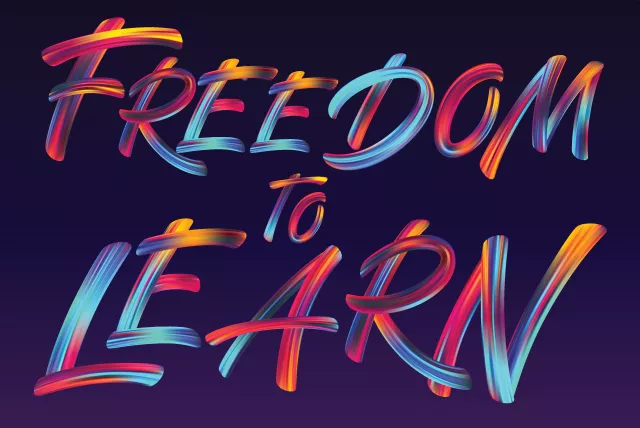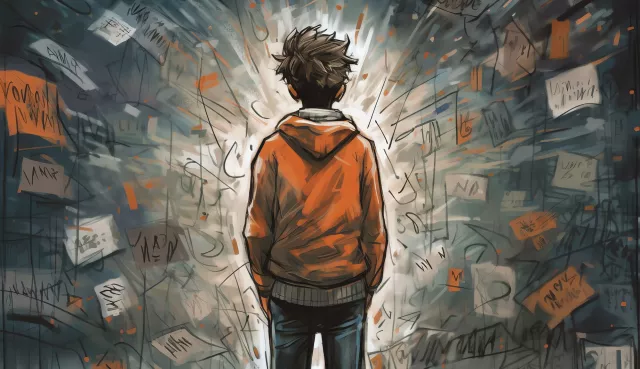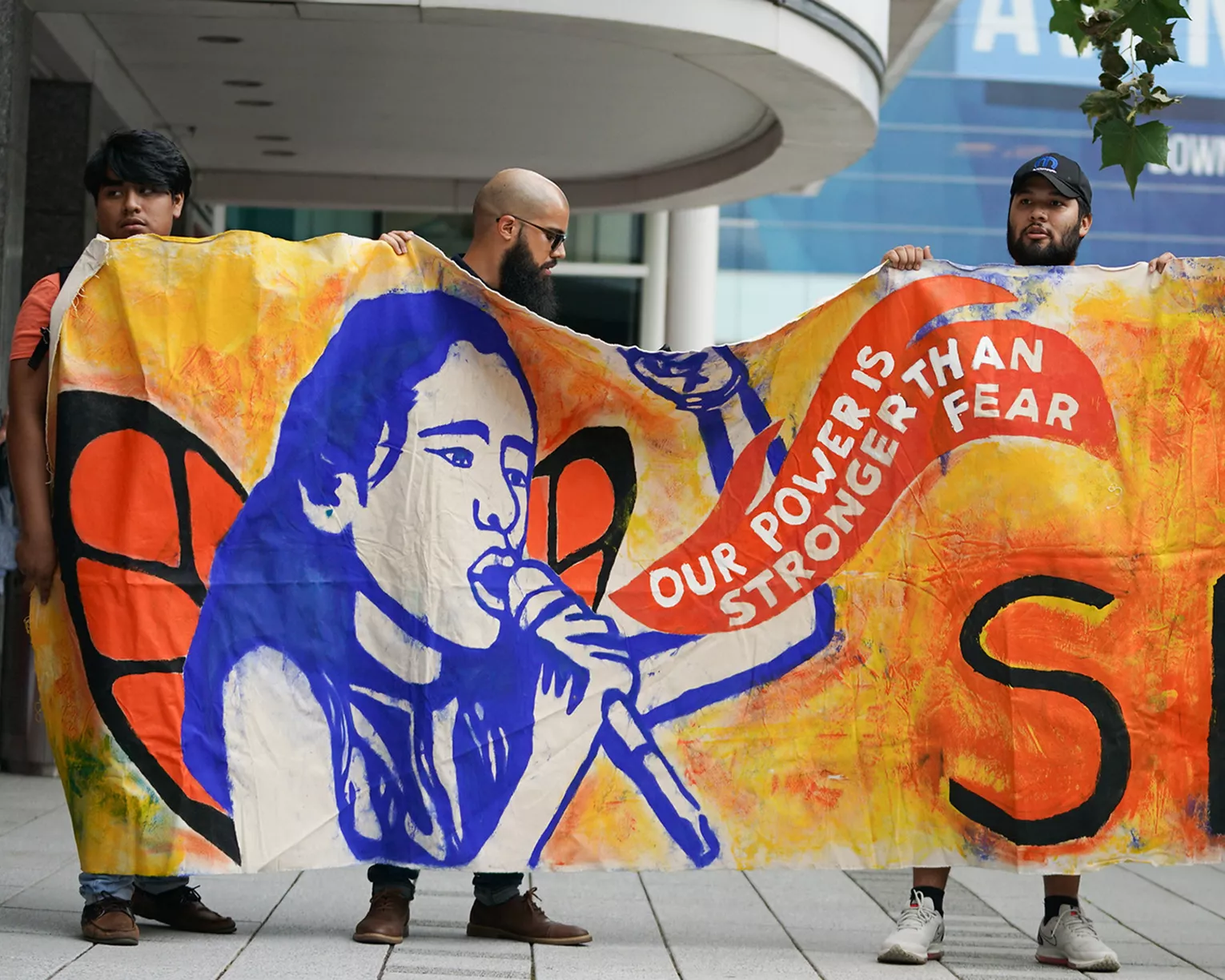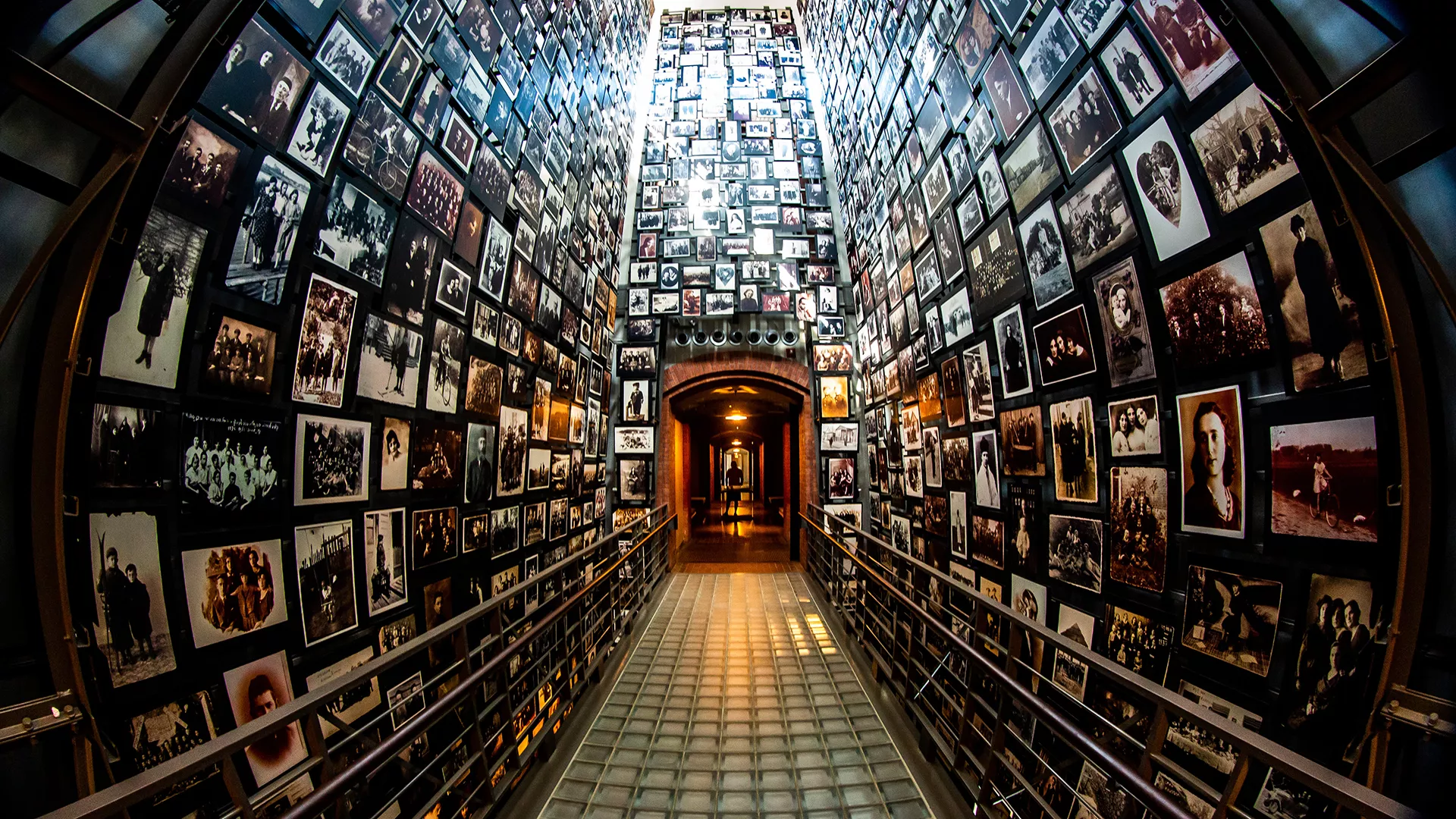Most of us believe that every person, no matter our religion, where we come from, or what we look like, deserves to live with freedom, safety, and belonging. Yet, purveyors of antisemitism, racial superiority theories and prejudice promote stereotypes and hateful ideologies in order to build a country that is only for themselves, and people like them. Antisemitism, an old and widespread system of prejudice and conspiracy theories against Jews, also drives anti-Black racism, contempt of people of color, and xenophobia.
With the resurgence of White nationalism, the number of antisemitic threats in K-12 schools and on college campuses has been rising and has surged.
The number of antisemitic incidents surged following the October 7 Hamas attacks on Israel and the ensuing war in Gaza. Although easy solutions do not exist, it remains imperative for educators, students, and families to work together to help ensure that discourse, debate, and protest, even about difficult issues, is never a justification for identity-based bias, or harassment. This is an essential need to create safe and welcoming school communities for all.
To that end, we’ve curated a list of resources from respected organizations to help educators teach the history and significance of the Holocaust and to help educators, families, and students address antisemitism and anti-Jewish bias and incidents in schools.
Shine a Light
Shine a Light is a modern-day initiative to spotlight antisemitism. Their site presents numerous articles, lesson plans, videos, podcasts, and discussion guides to support teaching about the Holocaust and understanding, addressing and responding to contemporary antisemitism and acts of hate in schools. Resources are categorized by grade level, and are sourced from a variety of partners.
Echoes & Reflections
Echoes & Reflections empowers middle and high school educators with dynamic classroom materials and professional development to help teach the history and significance of the Holocaust. Their teaching resources include lesson plans, activities, podcasts, and a timeline, along with educator programs to foster confidence and amplify the skills needed to teach about the Holocaust in a comprehensive and meaningful way.
United States Holocaust Memorial Museum
The United States Holocaust Memorial Museum offers extensive teaching materials to support lessons on the Holocaust—the systematic state-sponsored persecution and murder of six million European Jews by the Nazi German regime and its allies and collaborators. Educators can request resources for use in their classrooms and access some lesson plans in Spanish, in addition to accessing a series of videos designed to provide guidance on teaching the Holocaust that include classroom-ready lessons, digital learning tools, and classroom strategies.
Final Account
The film Final Account does not aim to retell the history of the Nazi era, but rather to depict how people relate to this history and reflect on their own role more than 60 years later. Thus it is a film not about history only but also about dealing with this history today. And there has never been a more important time to share this than now. Find discussion guide and other resources here.
Antisemitism in Our Midst: Past and Present
This video from UC Berkeley's Center for Jewish Studies charts the history of antisemitism from its origins until today.
View more
Responding to Antisemitism in the Classroom
Facing History & Ourselves uses lessons of history to challenge teachers and their students to stand up to bigotry and hate. The organization has compiled lessons, teaching ideas, and videos from their collection on combating antisemitism in the 21st Century to help educators structure reflection and learning in classrooms around contemporary events and the histories that inform them.
New Guides to Countering Antisemitism Added to Nickelodeon Anti-Hate Series
USC Shoah Foundation and partners Nickelodeon and The Conscious Kid today launch a pair of Talk and Take Action: Guides to Countering Antisemitism that provide teachers and parents with content and tools to talk with children about the discrimination and hate directed at the Jewish community in the United States.
Co-written by USC Shoah Foundation, Nickelodeon and The Conscious Kid, an education, research and policy organization dedicated to reducing bias and promoting positive identity development in youth, the new guides provide critical, age-sensitive resources at a time when antisemitic incidents are on the rise in the United States and around the world.
View more
A Very Brief Guide to Antisemitism
Truah: The Rabbinic Call for Human Rights empowers rabbis and cantors to advance democracy and human rights for all people in the United States, Canada, Israel, and the occupied Palestinian territories. This free guide provides context, language, and tools to help fight antisemitism, along with all other forms of racial, cultural, religious, and gender oppression.
Dismantling Antisemitism: A Message Guide
How we talk about antisemitism is critical — it shapes how we understand it, how we fight it, and how we stop its use for political gain. In 2020, in deep collaboration with Jewish organizing partners around the country, Bend the Arc: Jewish Action worked with Uprise to develop this message guide as a tool to help stop the increase in antisemitism and imagine a future in which Jewish people — and all people — can live free and safe in a thriving multiracial democracy.
Speaking Out Against Bigoted, Dehumanizing Rhetoric: What We Can Do
The Western States Center and their partners at Princeton’s Bridging Divides Initiative have the shared goal of strengthening inclusive democracy. They released a new guide that documents the recent surge in antisemitic and Islamophobic hate incidents, explains the link between rhetoric and violence, and provides suggestions and resources to take action.
A Community Guide for Opposing Hate
Written by the Bard Center for the Study of Hate, Western States Center, and the Montana Human Rights Network, this manual provides a step by step guide for those who want to “do something” about hate in their communities, not only immediately after an incident, but also for the longterm. In addition to guidance, the comprehensive publication includes several common scenarios to think through and plan for before a hate incident occurs.
Skin in the Game: How Antisemitism Animates White Nationalism
Eric K. Ward is a nationally-recognized expert on the relationship between authoritarian movements, hate violence, and preserving inclusive democracy. He wrote a seminal article, "Skin in the Game: How Antisemitism Animates White Nationalism," in which he explains how antisemitism forms the core of White nationalism, arguing that we must come to terms with the centrality of antisemitism to white nationalist ideology so that we can identify the fuel that White nationalist ideology uses to power its anti-Black racism, contempt of people of color and xenophobia.
He also spoke at an NEA-hosted webinar where he further examined how antisemitism has a real impact beyond just hate crimes, and how White nationalists utilize bigotry toward the Jewish community in order to deconstruct democratic practices, thereby eroding faith in democracy.
Watch the Webinar
Related Resources from NEA

Freedom to Learn

Preventing Violence & Bullying Professional Learning
Links to external websites are provided for informational purposes only. NEA assumes no responsibility for the content or policies of external websites.
Use Your Educator Voice.

